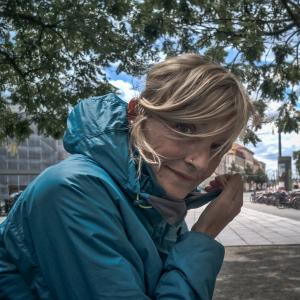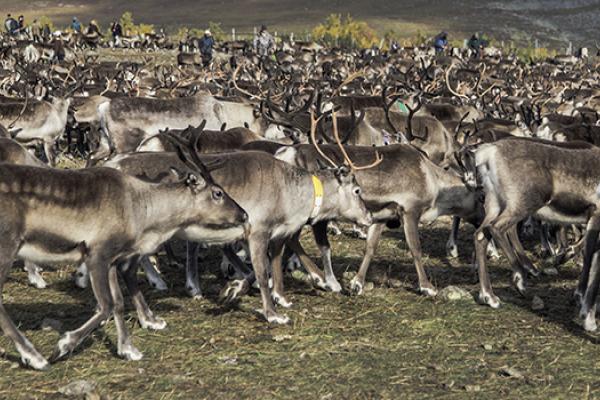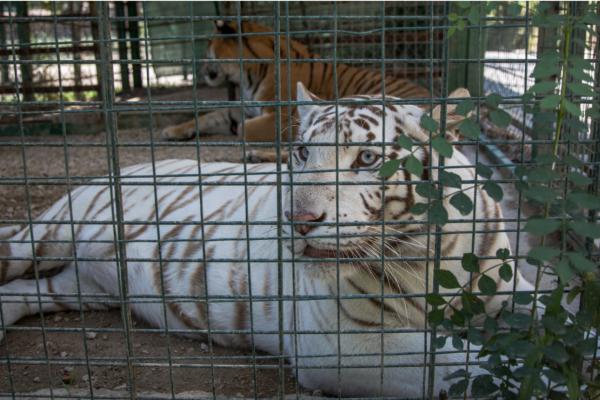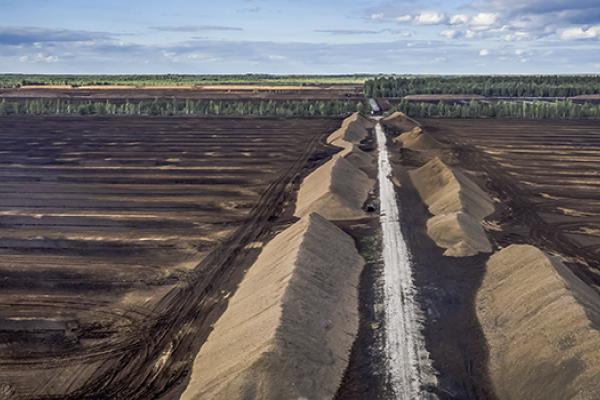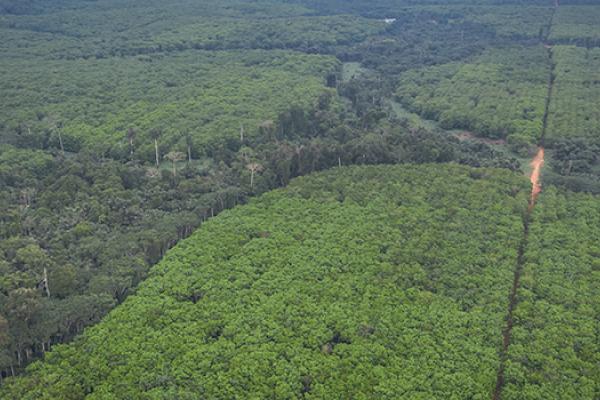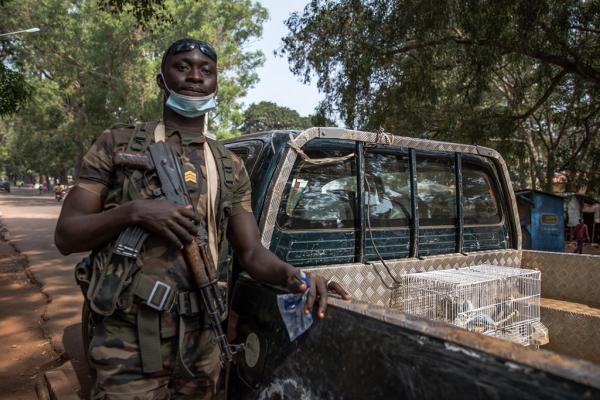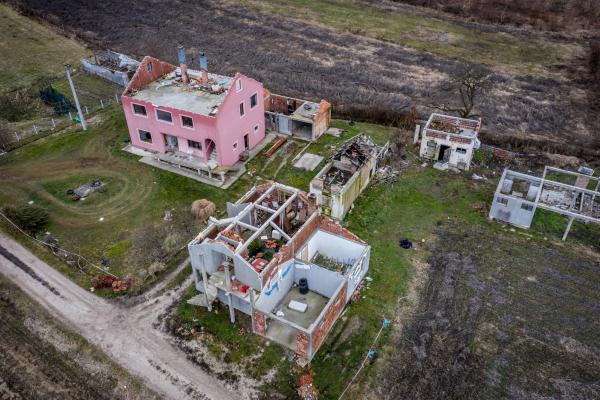Nathalie Bertrams is a documentary photographer and National Geographic Explorer reporting on environmental conflict and social justice, mainly across Africa.
Nathalie has an MA in Fine Arts from Kunstakademie Düsseldorf and exhibits her work internationally. She is a regular contributor to Süddeutsche Zeitung, De Groene Amsterdammer and Al Jazeera. Her work is also featured in El País, The Guardian, BBC News, Mongabay and Washington Post Magazine and she makes TV documentaries for Arte/ZDF.
She has received multiple grants and awards for her storytelling and is a member of the International Press Institute, Frontline Freelance Register, and Women Photograph.
